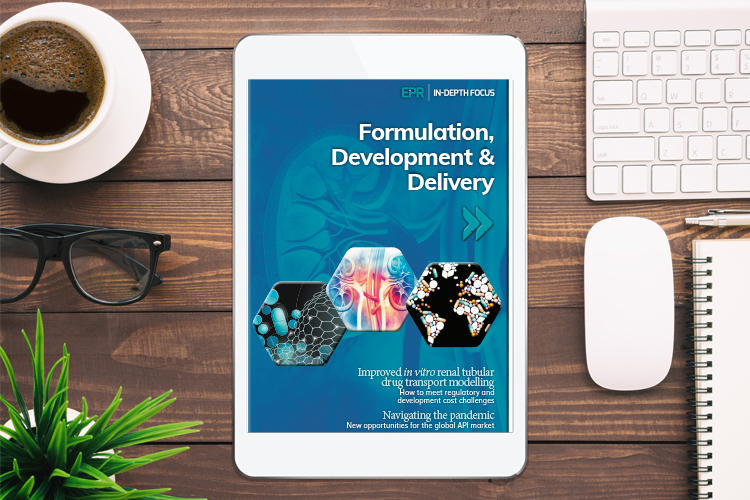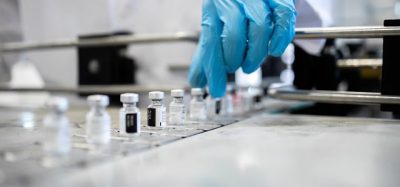Formulation, Development & Delivery In-Depth Focus 2020
Posted: 14 December 2020 | European Pharmaceutical Review | No comments yet
Within this in-depth focus are articles explaining the numerous benefits of in vitro human cell-based kidney models to study nephrotoxicity and drug-to-drug interactions as well as discussing the measures taken by API manufacturers to successfully navigate the pandemic and the opportunities this presents.


- Improved in vitro renal tubular drug transport modelling
Due to the high costs associated with drug discovery and the clinical demand for effective drugs, in vitro human cell-based kidney models using renal proximal tubule epithelia are becoming popular tools for early-stage testing. It is increasingly more important that in vitro models of renal drug transport are physiologically representative in order to accurately model nephrotoxicity and drug-to-drug interactions and predict or avoid incidences of drug-induced kidney injury in the later stages of development. In this article, Dr Colin Brown, director of ADMET technology at Newcells Biotech, discusses this further and considers future modelling options to address these challenges. - New opportunities for the global API market
Active pharmaceutical ingredients (APIs) are primary components in the manufacture of drugs, yet this global market experiences numerous challenges. Regulatory pressure, pricing arbitrages, a shift to digital manufacturing and patents for blockbuster drugs are chief among them, but the COVID-19 pandemic added a further hurdle as governments globally decided to boycott APIs manufactured in China. This article discusses several measures undertaken by API manufacturers to successfully navigate the pandemic and the unrelenting demand of patients.









